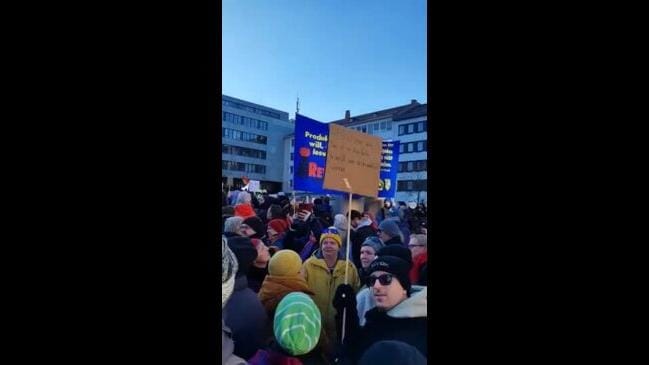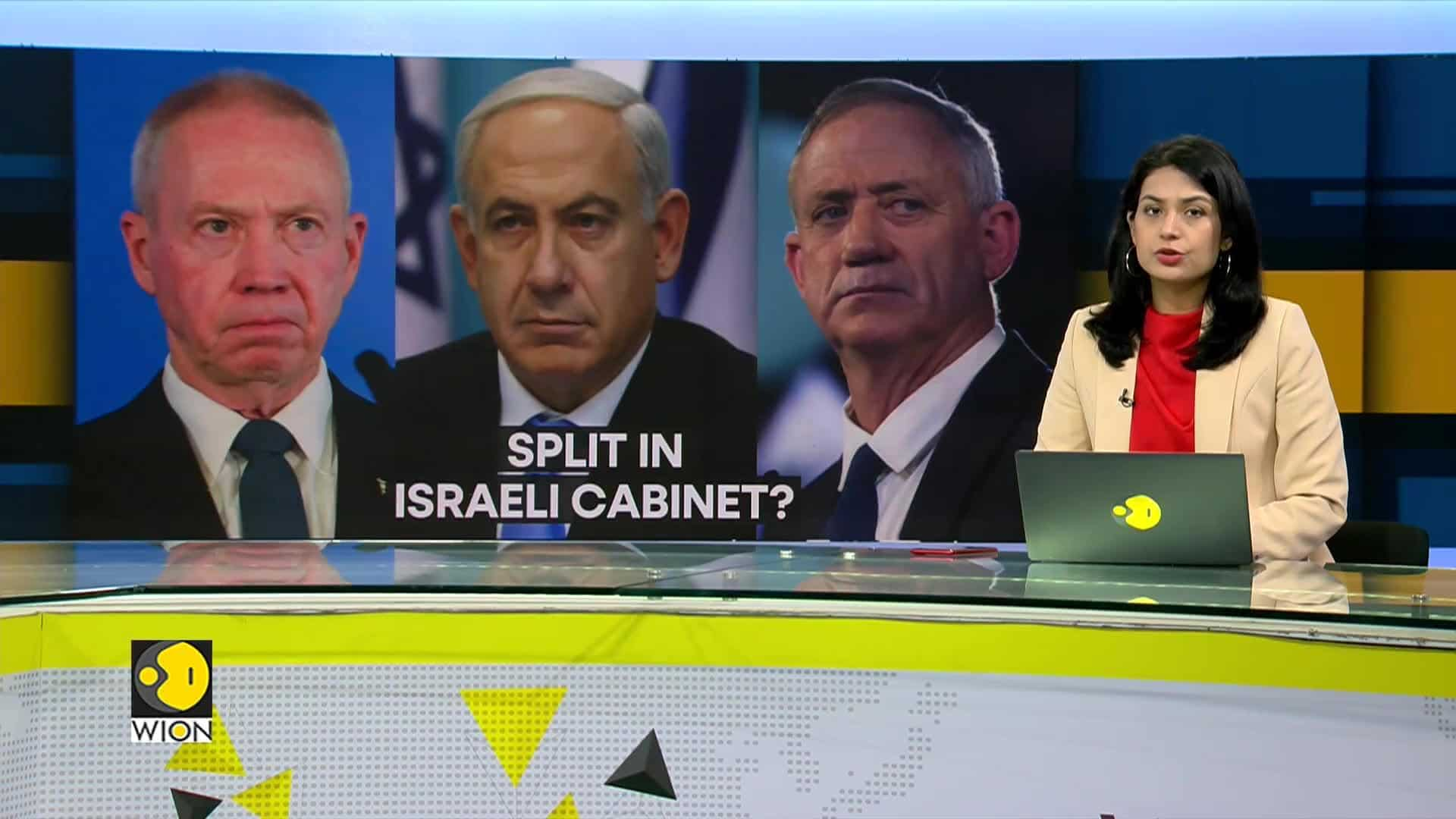Europe’s far-right parties have once again showcased their growing influence, coming together for a major rally in Madrid under the banner of the newly formed “Patriots for Europe.” The event, held on February 8, was notable for its vocal support for Donald Trump’s administration, portraying the former U.S. president as a symbol of hope for nationalist and conservative movements. The summit marked a significant moment for Europe’s far-right, which has been emboldened by electoral successes and the reevaluation of political alliances across the continent.
The rally was headlined by major European political players, including Hungary’s Prime Minister Viktor Orban, French National Rally leader Marine Le Pen, and Spain’s Santiago Abascal, leader of the far-right Vox party. Together, these leaders reaffirmed their commitment to reshaping the future of Europe through a conservative and nationalist lens, aligning themselves with the vision that Trump has championed during his political career.
The event saw leaders extensively praising Trump’s policies, highlighting his stance on immigration, national sovereignty, and trade practices. Hungarian Prime Minister Viktor Orban referred to Trump as a “defender of Western values” and argued that his policies resonate with Europeans tired of what they perceive as liberal overreach. Marine Le Pen echoed this sentiment, adding that Trump’s leadership serves as a reminder that political change is possible when traditional institutions are challenged.
Not just a celebration of ideology, the rally in Madrid also served practical purposes. The “Patriots for Europe” group, an emerging political bloc in the European Parliament, used the summit to consolidate alliances and map out long-term strategies for future elections. This movement aims to counter what its leaders view as the bureaucratic and overly centralized authority of the European Union.
Santiago Abascal, the host of the summit, remarked on the growing alignment of European and American conservative movements. “Trump has shown us that you can stand against globalist forces and prevail. That lesson is for Europeans too,” he said in his address. The sentiment was largely backed by the audience, who cheered calls for a more decentralized and culturally rooted Europe.
The symbolism of this rally extended beyond the speeches. Held in Spain’s capital, Madrid, the event carried the slogan “Make Europe Great Again,” a clear nod to Trump’s iconic campaign slogan. Attendees donned hats and banners bearing the slogan, signaling an embrace not just of Trump’s ideas but also his style of politics.
Critics, however, have voiced concerns about the implications of such events. Analysts have highlighted that alliances between far-right movements in Europe and figures like Trump may polarize political discourse further, making it harder to find compromise on key issues like climate change, migration, and economic integration. Activists advocating for human rights and equality have also expressed apprehension, noting that nationalist rhetoric often sidelines inclusive and progressive policies.
For all the praise directed at Trump, there was recognition among European far-right leaders that Europe faces its own unique set of challenges. Marine Le Pen, for instance, pointed out the need to tailor conservative policies to local contexts, balancing the push for sovereignty with economic and geopolitical realities. Meanwhile, Viktor Orban emphasized the importance of maintaining European cultural heritage in the face of globalization.
As the rally concluded, it became evident that Trump’s influence on the global far-right extends far beyond U.S. borders. For the attendees in Madrid, Trump represents not only an ideological ally but also proof that challenging the political status quo can yield tangible results. The event underscored a growing transatlantic connection between nationalist and conservative movements, fortified by mutual admiration and shared objectives.
Whether this rally in Madrid will lead to substantive electoral shifts or merely serve as a symbolic confluence of ideas remains to be seen. What is clear is that Europe’s far-right sees itself at a pivotal juncture, inspired by what they perceive as a Trump-led resurgence of nationalism that prioritizes security, identity, and sovereignty over globalization.
As European politics evolve, the “Patriots for Europe” bloc hopes to influence the upcoming European elections, leveraging the momentum from events like these. Watchers of global politics will be keen to see whether this movement will consolidate or face resistance from more centrist and progressive forces in Europe.


